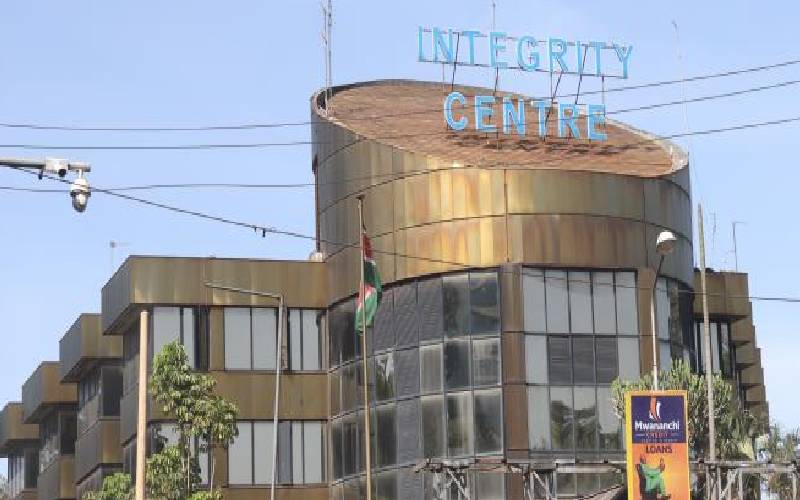×
The Standard e-Paper
Fearless, Trusted News

Should we contemplate giving amnesty to high-level politicians who acquired their wealth through corruption? It depends on what one considers to be the causes of corruption. Some may treat it as a simple law enforcement problem that requires strengthening the investigative and prosecutorial agencies and reducing the likelihood of judicial capture by corrupt individuals.